This course builds a practical foundation in Python programming. You’ll work with data types, write logic and loops, handle files, create functions, and explore packages & basic object-oriented programming. Hands-on exercises and a final quiz help you apply these skills to the real world.
By the end of this course, participants will be able to:
Overview:
In this chapter, participants will learn about the different data types available in Python. They will practice working with numbers, strings, booleans, and more, while also exploring built-in functions that help manipulate and analyze data effectively.
Topics to Cover:
Overview:
In this chapter, participants will explore Python’s core data structures, such as lists, tuples, sets, and dictionaries. They will understand how these structures store and organize data and how to apply built-in functions to manipulate them.
Topics to Cover:
Overview:
In this chapter, participants will learn how to control the flow of their Python programs using conditional statements and loops. They will understand the importance of indentation and practice writing for-loops and while-loops to automate repetitive tasks.
Topics to Cover:
Overview:
In this chapter, participants will learn how to read and write files in Python. They will practice working with absolute and relative paths, explore different file types, and apply best practices when handling data files.
Topics to Cover:
Overview:
In this chapter, participants will learn how to define and use their own functions in Python. They will explore variable scopes, function parameters, and how to structure reusable code effectively.
Topics to Cover:
Overview:
In this chapter, participants will work with Python’s built-in modules and learn how to create their own. They will explore commonly used modules that extend Python’s functionality.
Topics to Cover:
Overview:
In this chapter, participants will learn how to organize and reuse code by creating packages. They will understand how to use the __init__.py file to structure packages effectively.
Topics to Cover:
__init__.pyOverview:
In this chapter, participants will be introduced to object-oriented programming in Python. They will learn how to define classes, create objects, and understand the steps involved in building reusable, structured code.
Topics to Cover:
Overview:
In this chapter, participants will learn how to handle errors in Python using exceptions. They will explore why error handling is important and how to write programs that fail gracefully.
Topics to Cover:
Overview:
In this chapter, participants will review and reinforce the key concepts learned in previous chapters. They will complete a quiz and practice building functions that combine multiple elements of Python fundamentals.
Topics to Cover:



Get access to top-rated courses, real projects, and job-ready skills.
We’re here to help. Talk to our advisors.
I had an incredible experience at this data science bootcamp! Coming in with no prior knowledge, I was amazed at how quickly I gained a solid understanding of the field. The curriculum is intensive and hands-on, allowing me to learn real, applicable skills through working on real client projects. The staff are exceptionally supportive and always ready to help. This bootcamp truly transformed my career path, and I couldn’t be more grateful for the knowledge and confidence I’ve gained. Highly recommended for anyone looking to break into data science!
My experience was awesome. I was taught by professional data engineers who shared their insights based on their professional experience. The topics covered are relevant to what employers are looking for and I enjoyed hands-on projects. I learned all the skills I needed to be a data engineer and I got a full-time offer as a data engineer, thanks to the mentors from WecloudData. I highly recommend this program. I was able to land interviews at Amazon, Yelp, CI Financial e.t.c
Deciding to go with WeCloudData was one of the best decisions I made during my career switch. Their Bootcamps are intense but they get you where you need to go. The instructors are amazing and the TAs very knowledgeable. Their client projects taught me a lot even after the bootcamp was done. I was able to land my current job thanks to the skills and training from the course.
I had the pleasure of attending WeCloudData’s Data Fundamentals bootcamp, which was fantastic. The highly qualified instructors used cutting-edge teaching techniques that greatly facilitated understanding the logic of coding and programming. They carefully progressed us from fundamental to more complex subjects, avoiding any feeling of overload. I wholeheartedly endorse this course for anyone hoping to become a data analyst—it’stheonly one you’ll need. The teachers are very outstanding!
This bootcamp provided me with the necessary technical skills and industry knowledge to secure a data job. The instructors are knowledgeable and shared everything they know to help me achieve my goals. The TAs are resourceful and patient answering my questions. The projects in the bootcamp enhanced my knowledge and impressed interviews. This is a wonderful bootcamp if you are looking to either imporve your skills or switch career!
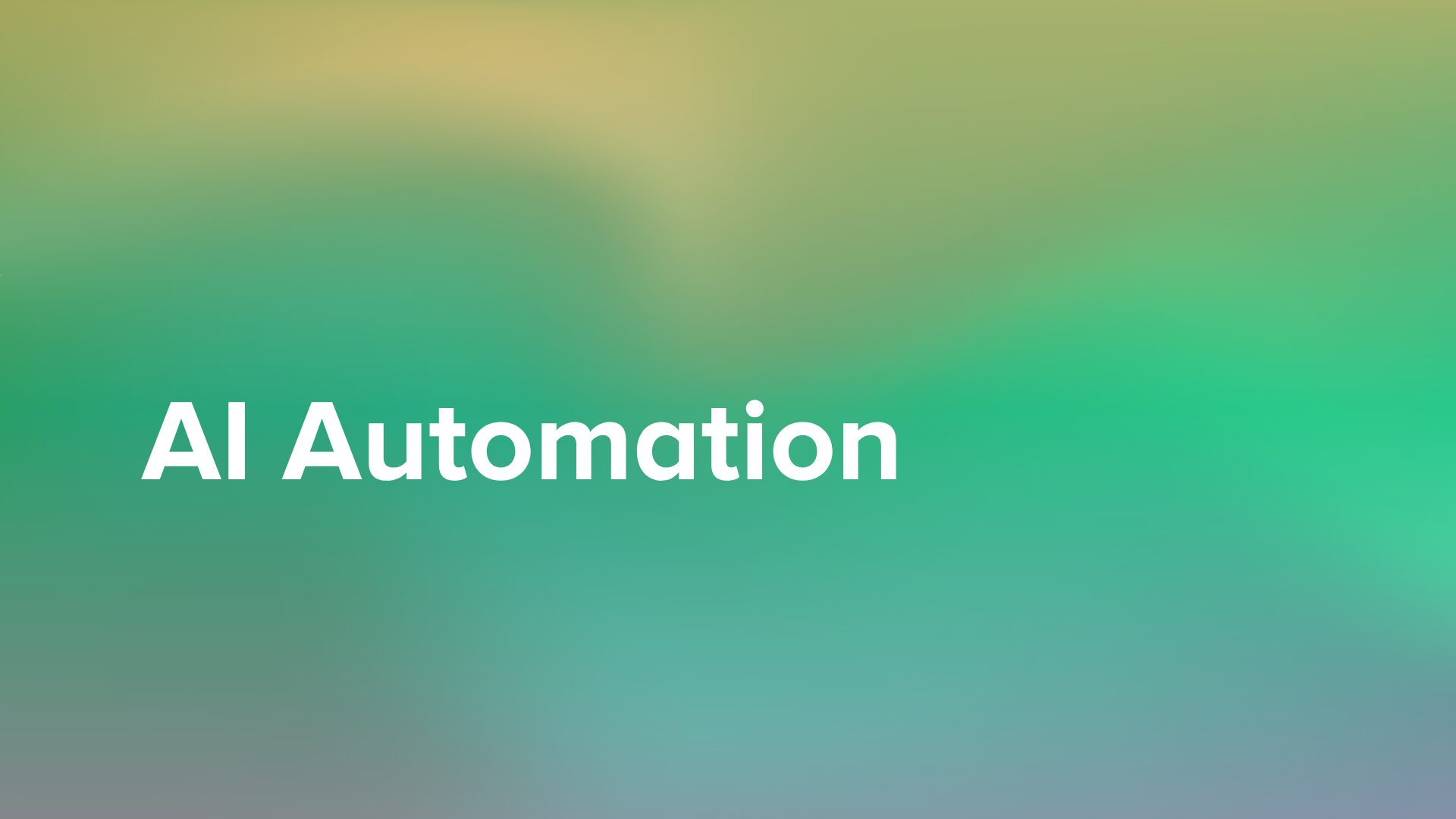
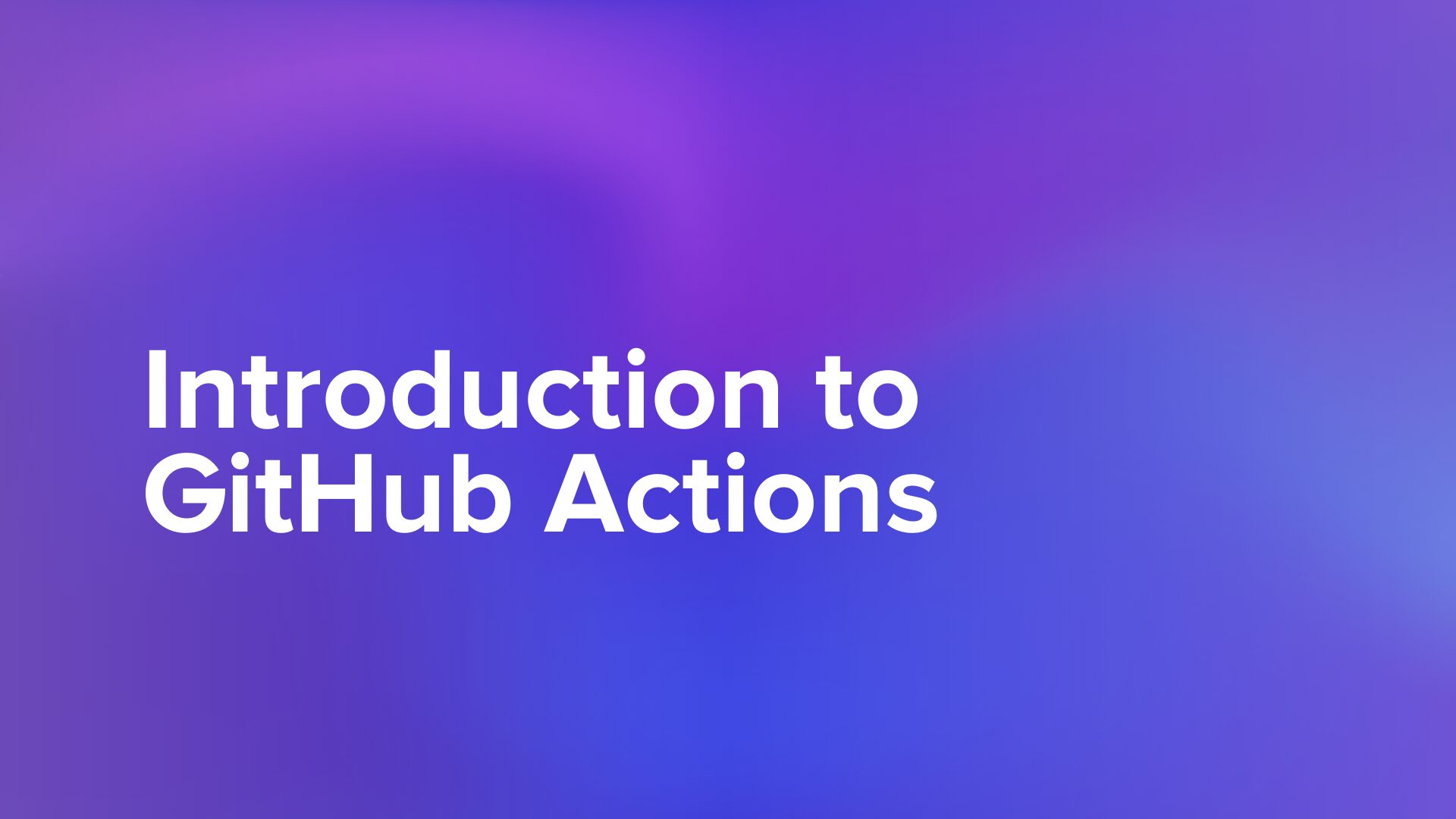
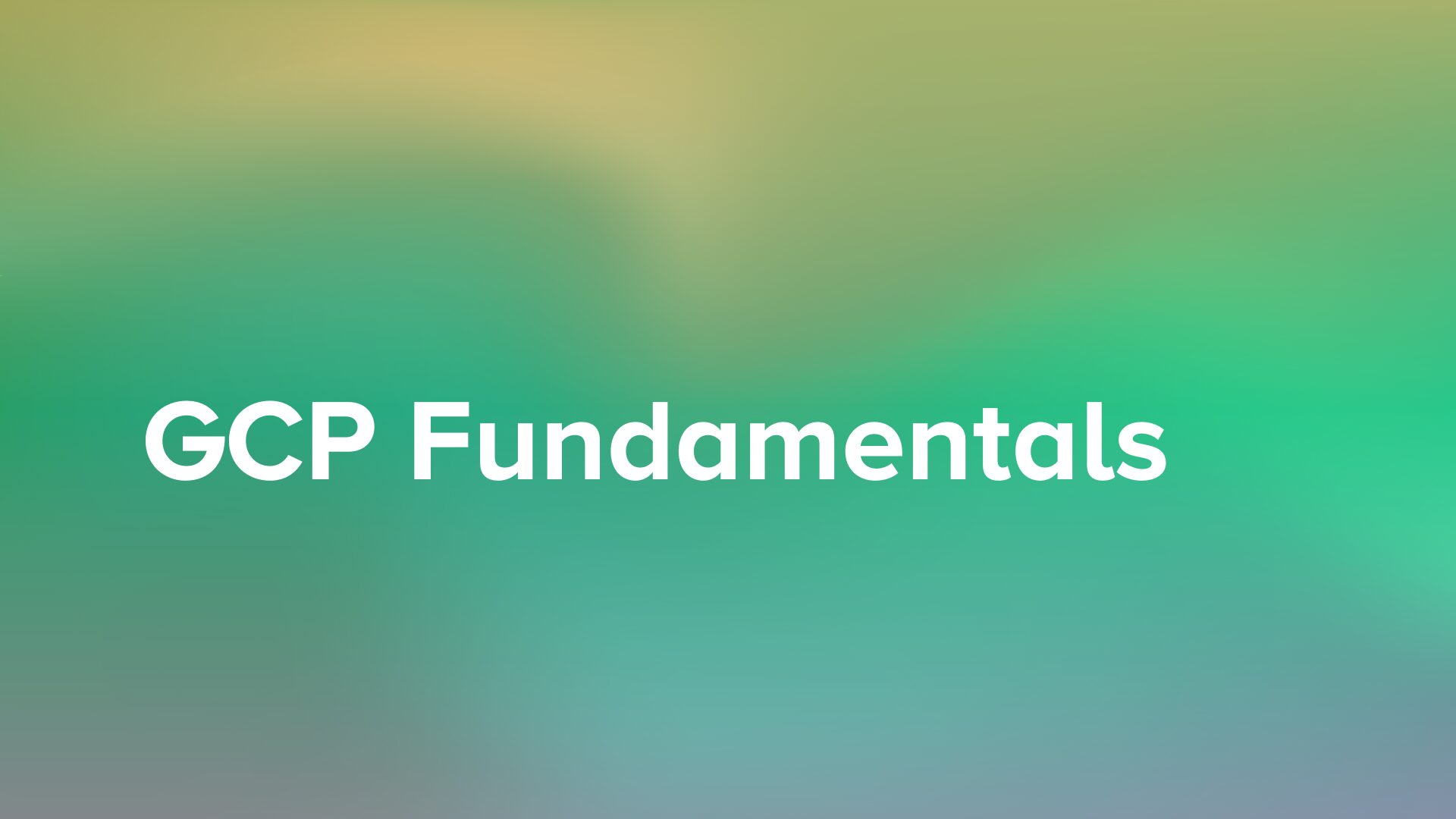
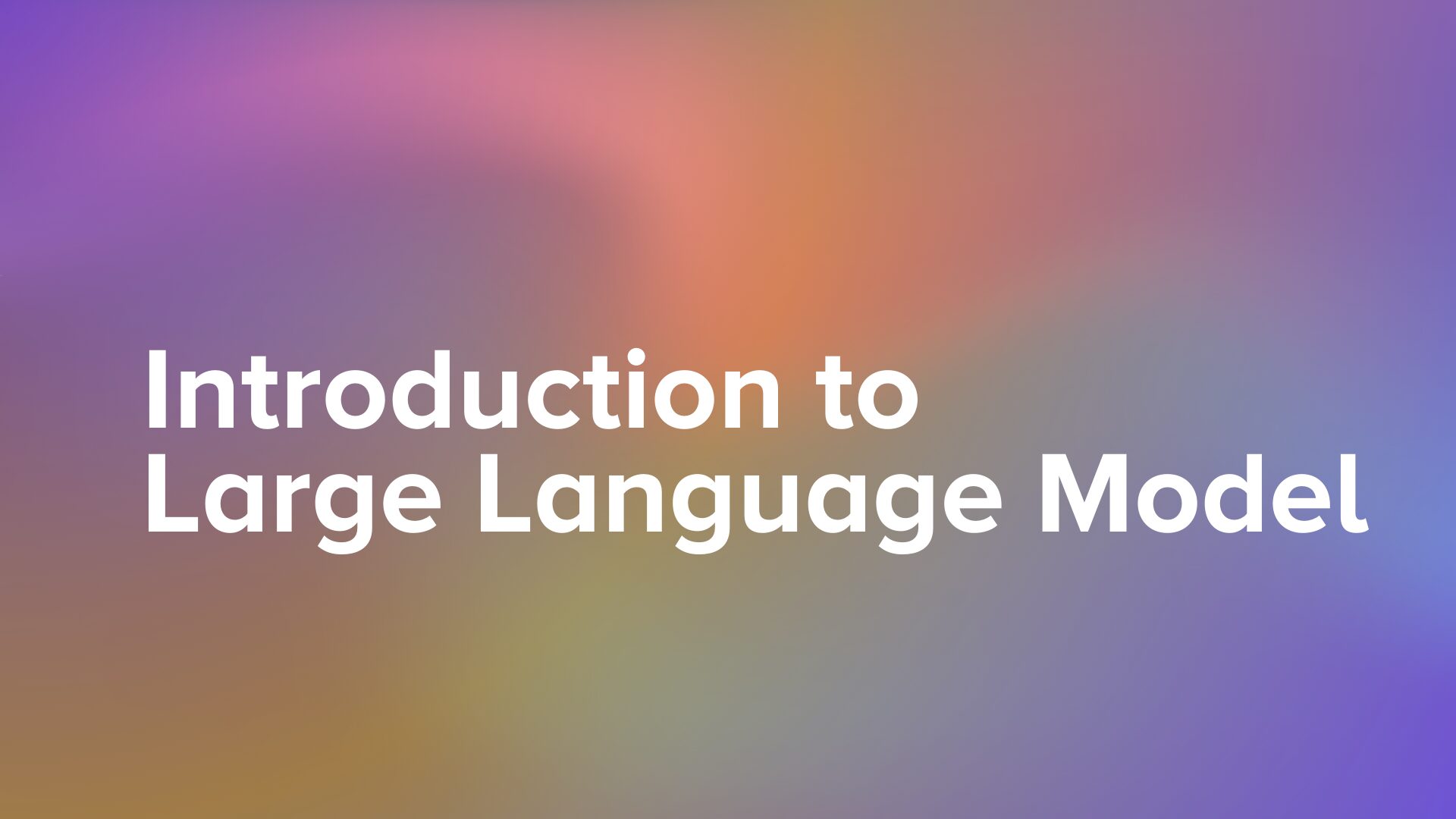

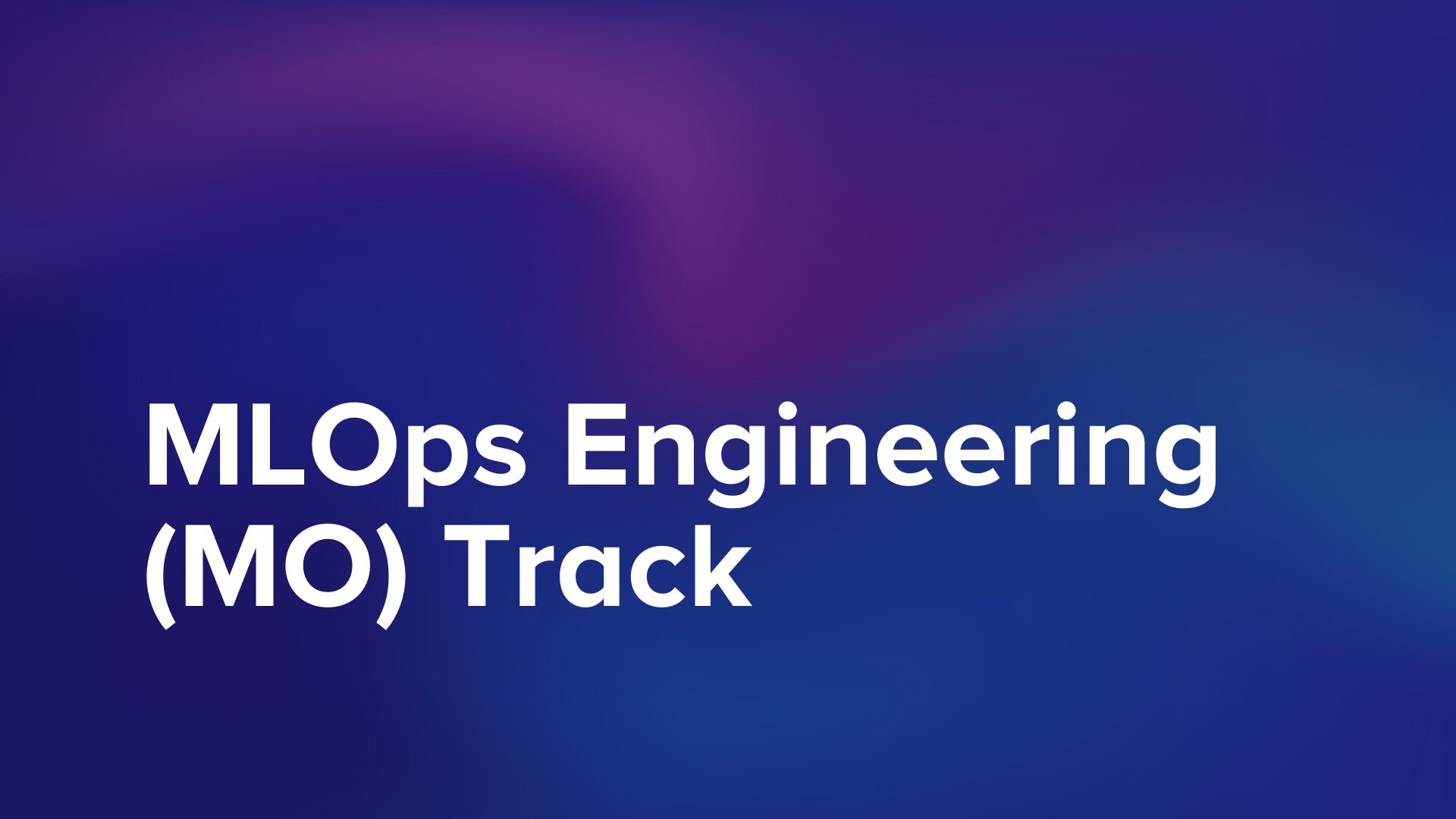
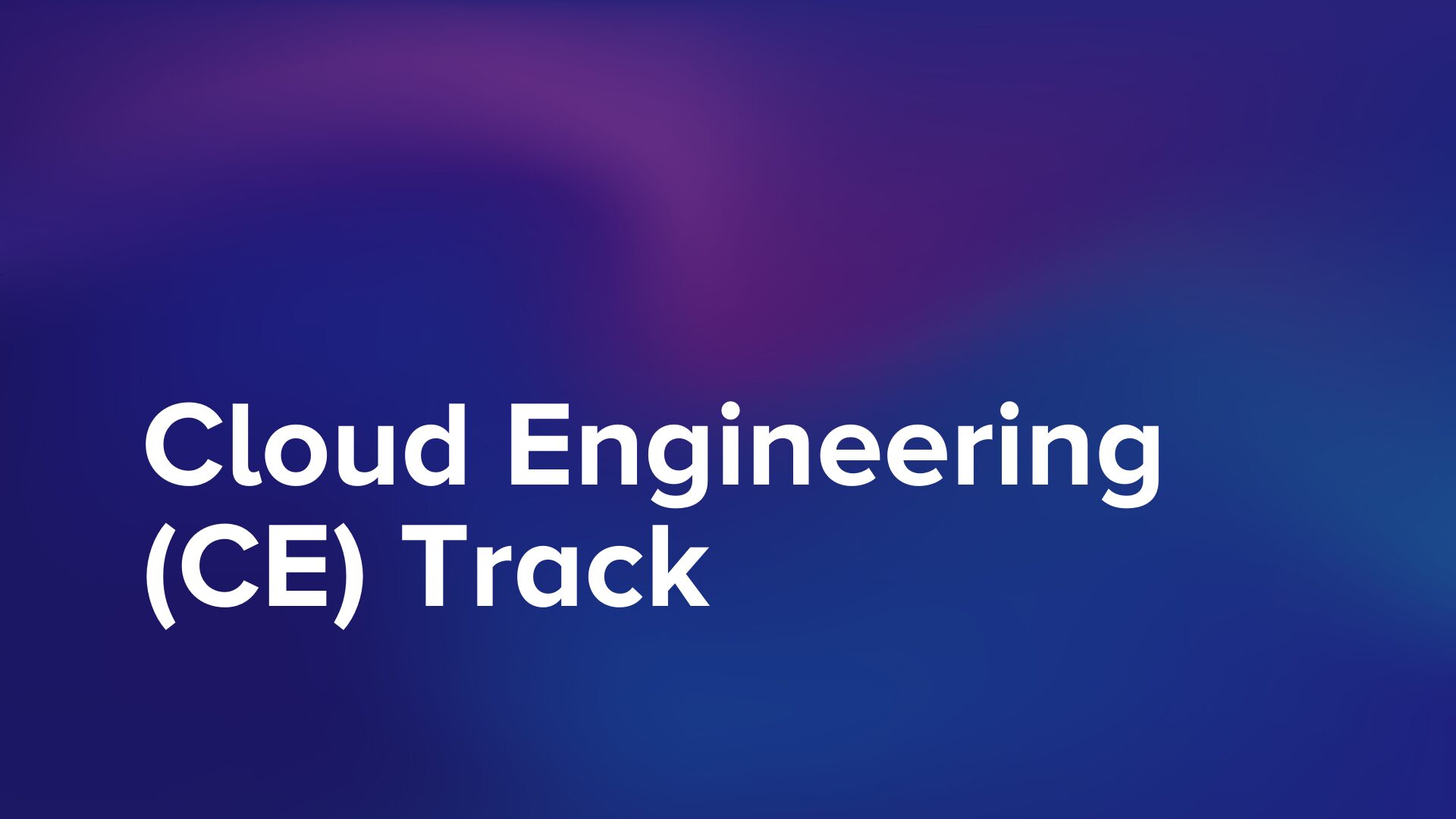
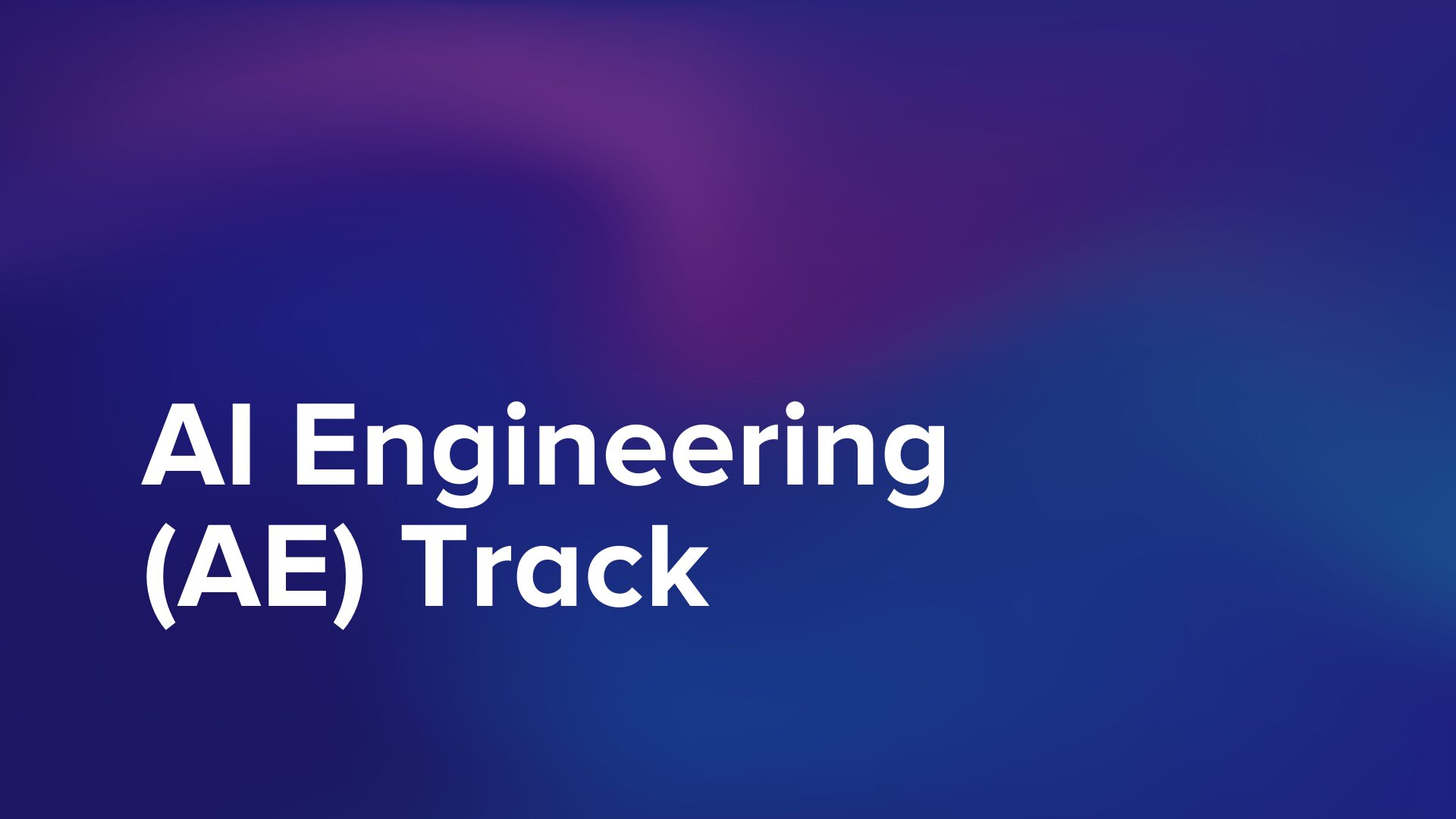
No. Track Courses are only accessible through the Professional or Unlimited+ subscription plans.
Yes, all courses are designed to be self-paced. Learn when it fits your schedule.
Each course includes prerequisites if needed. Many Standard Courses are beginner-friendly.
If you have other queries or specific concerns, don’t hesitate to let us know. Your feedback is important to us, and we aim to provide the best support possible.
Grow your skills, build projects you’ll be proud of, and unlock new opportunities — all at your pace.